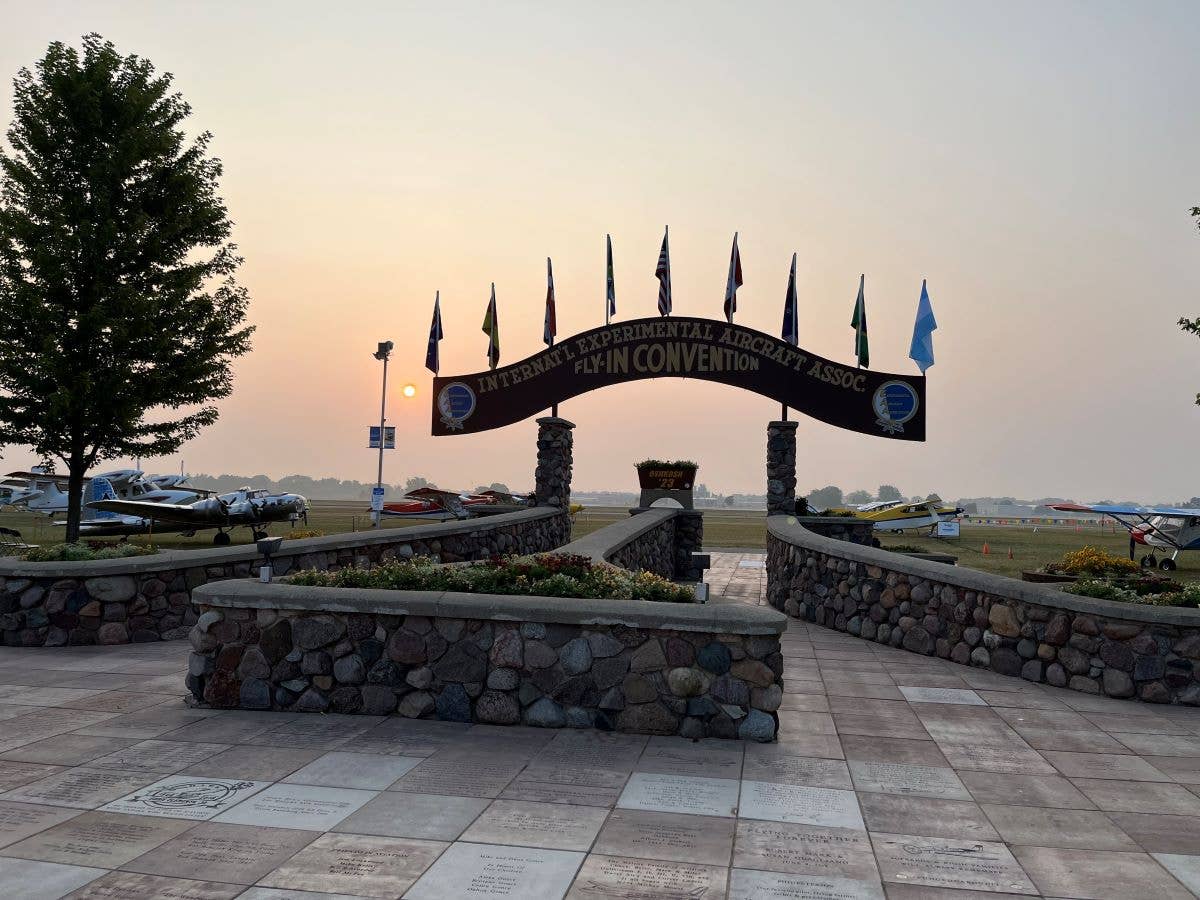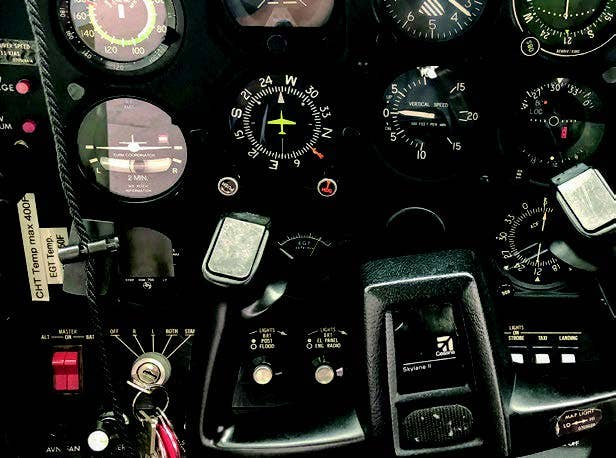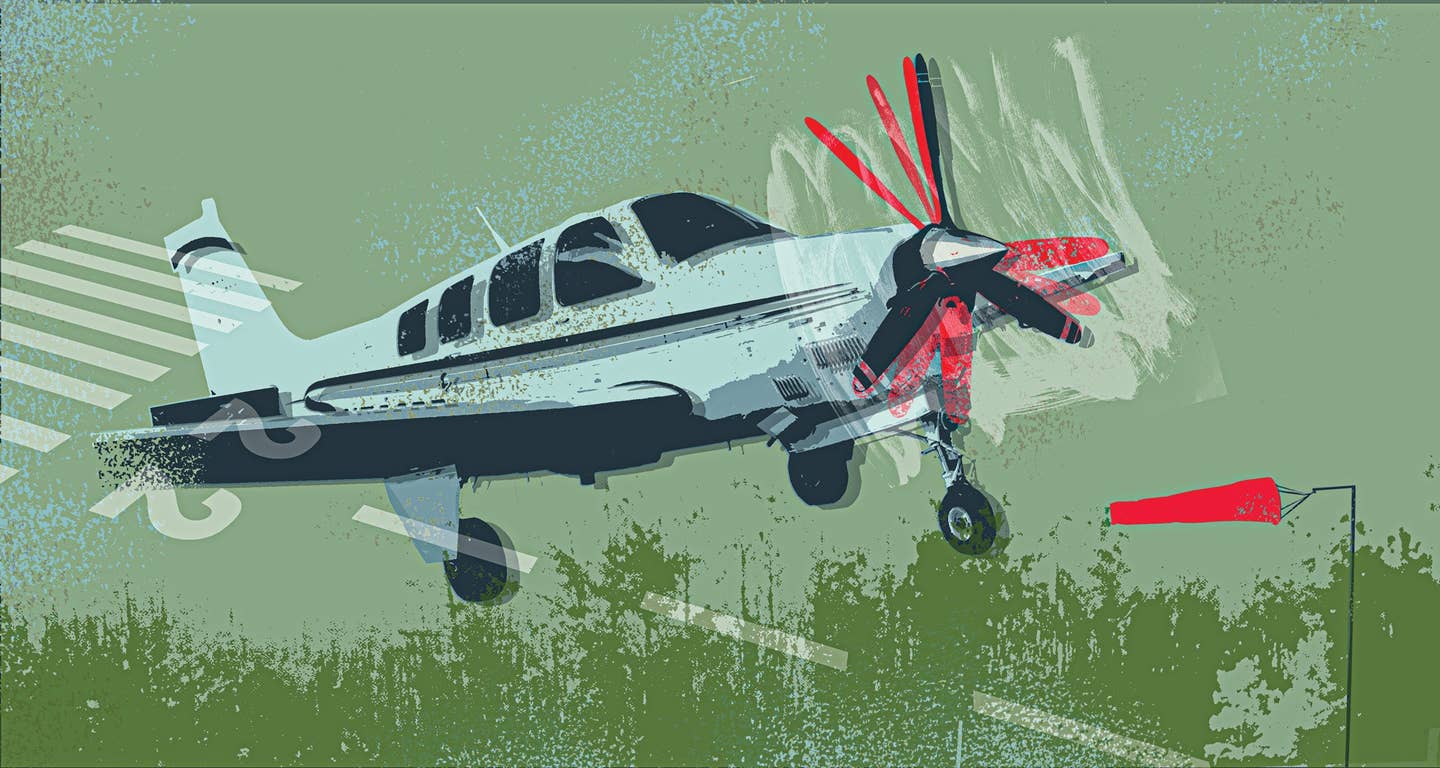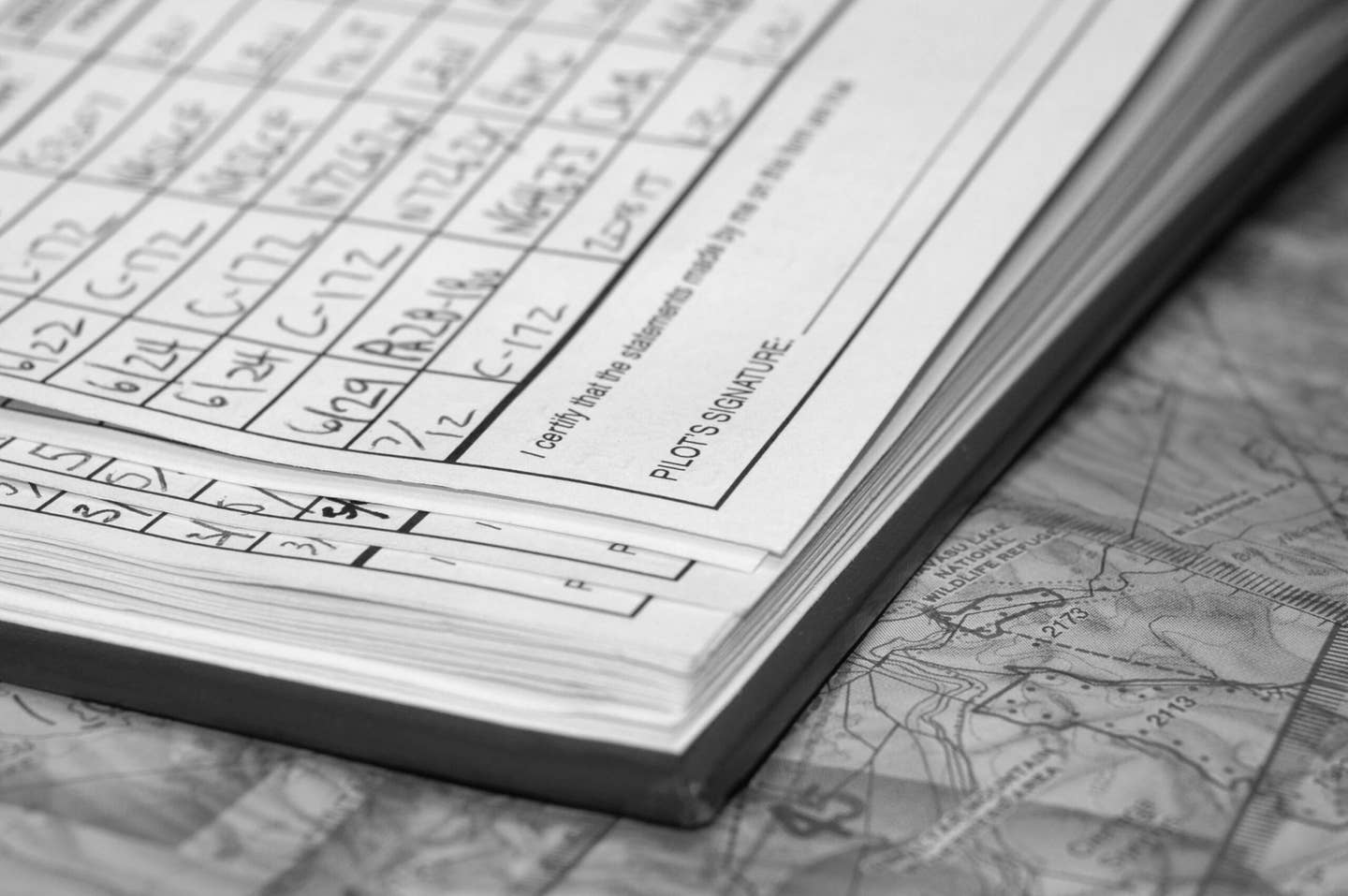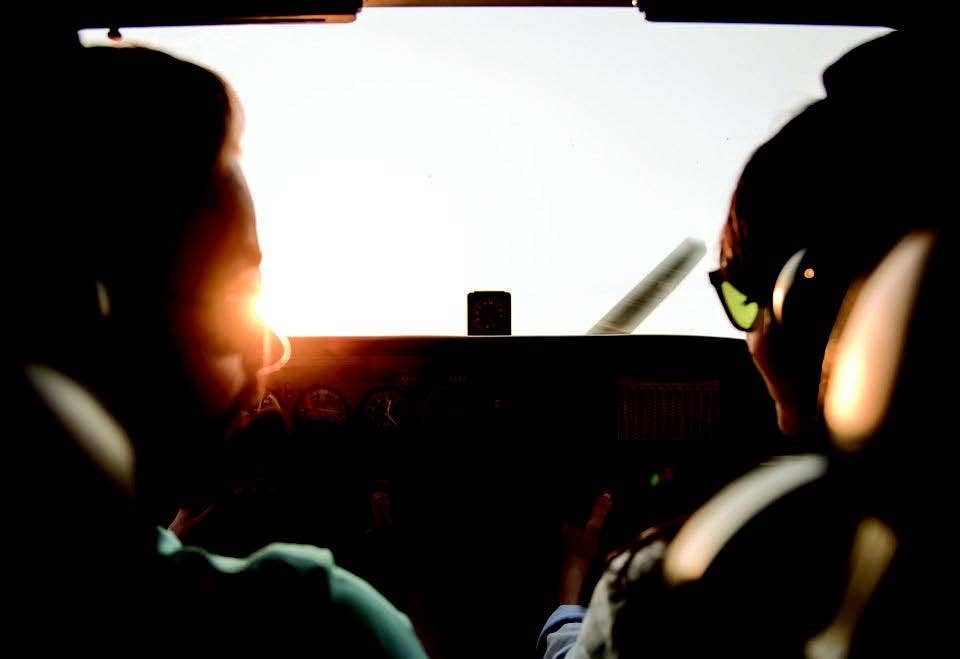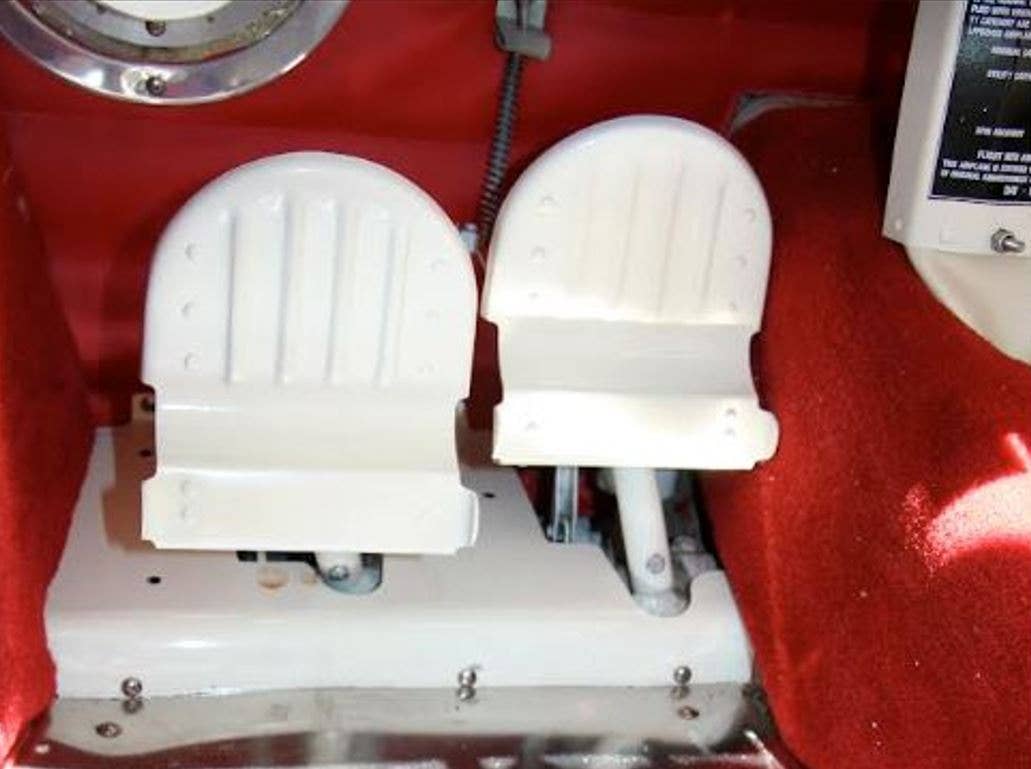
After 9/11 the U.S. Customs and Border Protection agency’s authority and funding saw massive expansions as its mission swelled from border security to a statutory mandate to keep a watchful eye for terrorist threats anywhere in the country.
Part of that broadened authority includes the CBP's General Aviation Pilot Certificate Inspection program, which as you probably know has led to warrantless stops and even searches on airport tarmacs of more than 50 innocent AOPA members. This assault on GA probably gives you cause for concern. It might even make you angry. But guess what? It's worse than you thought. Much worse.
Speaking yesterday at a business aviation conference in New York hosted by Jetnet, Pete Bunce, the president of the General Aviation Manufacturers Association, shed some light on a government agency that represents perhaps the biggest threat to general aviation of any of the big Washington bureaucracies – and that’s saying something.
“It’s absolutely extraordinary what’s going on at Customs,” Bunce told the audience. After touching on the stop-and-search program, Bunce explained that under CBP’s e-APIS electronic advance passenger information system general aviation aircraft arriving in the country are required to give Customs agents a plus-or-minus 15-minute window of their ETA, yet “the agents can be more than two hours late with no repercussions.”
As for the CBP’s warrantless GA pilot intercept program, it’s more invasive than any of us imagined. In an interview this week I asked a top Customs official, Deputy Assistant Commissioner Eddie Young, to describe the GA program. What I learned was deeply troubling.
Sitting behind rows of computer screens in a command center in Riverside, California, specially trained Customs agents keep a constant watchful eye over most every GA airplane flying anywhere in the country. What are they looking for? "Suspicious behavior," is the official answer. What does that mean? According to CBP, a suspicisus airplane is one that flies from one uncontrolled airport to another, isn't on a flight plan, flies low, or flies long distances before landing – in other words, all the perfectly normal and totally legal types of operations general aviation pilots engage in every day.
The CBP’s authority was massviely expanded in the name of terrorism, but the agency has never intercepted a single terrorist or disrupted a terrorist plot. Instead, they've caught a small handful of drug runners hauling marijuana or cocaine. Not only has a program that was created for the express purpose of thwarting terrorism been completely ineffective, as the program exists today it couldn’t prevent a terrorist act if it tried.
I asked for detailed figures on the CBP’s stop-and-search program and was flabbergasted by what I received.
Every year the agency opens investigations of more and more airplanes, nearly all of them flown by totally innocent pilots. In FY2011, the CBP investigated 239 GA aircraft, which resulted in 11 arrests or “violations” of some kind. In FY2012 the number grew to 356 investigations, yet violations grew to just 13. In FY2013 the CBP investigated 428 aircraft, resulting in 17 violations. So far in FY2014, the CBP has investigated an incredible 474 GA aircraft with just eight violations to account for all that time and money.
Just how much money are we talking about? The CBP refused to say, explaining that its budget isn’t broken down that way. But the obvious answer is that the GA stop-and-search program is costing tax payers a bundle, with no terrorist plots foiled and only a tiny number of alleged wrongdoers arrested among hundreds of innocent pilots.
It's only fair to point out that not every GA flight that CBP investigates leads to a confrontation with law enforcement, but hundreds of them do. Young told me the CBP will continue the controversial program, but that the agency is going to great pains to ensure its agents treat innocent pilots better. I mentioned that I didn't think it should be within the CBP's purview to go after all these blameless pilots, whose only crime was doing exactly what the Federal Aviation Regulations very clearly permit them to do. Young's response was, "Well, it is our statutory right to do so."
When I responded that perhaps Congress needs to step in to amend the CBP’s statutory authority the suggestion was met only with silence. There was no need for Young to respond, of course, nor would I really expect him to.
As for members of Congress who are part of the General Aviation Caucuses, I implore you: It's time to rein in an agency that very clearly is out of control.
Get exclusive online content like this delivered straight to your inbox by signing up for our free enewsletter.
We welcome your comments on flyingmag.com. In order to maintain a respectful environment, we ask that all comments be on-topic, respectful and spam-free. All comments made here are public and may be republished by Flying.

Subscribe to Our Newsletter
Get the latest FLYING stories delivered directly to your inbox

